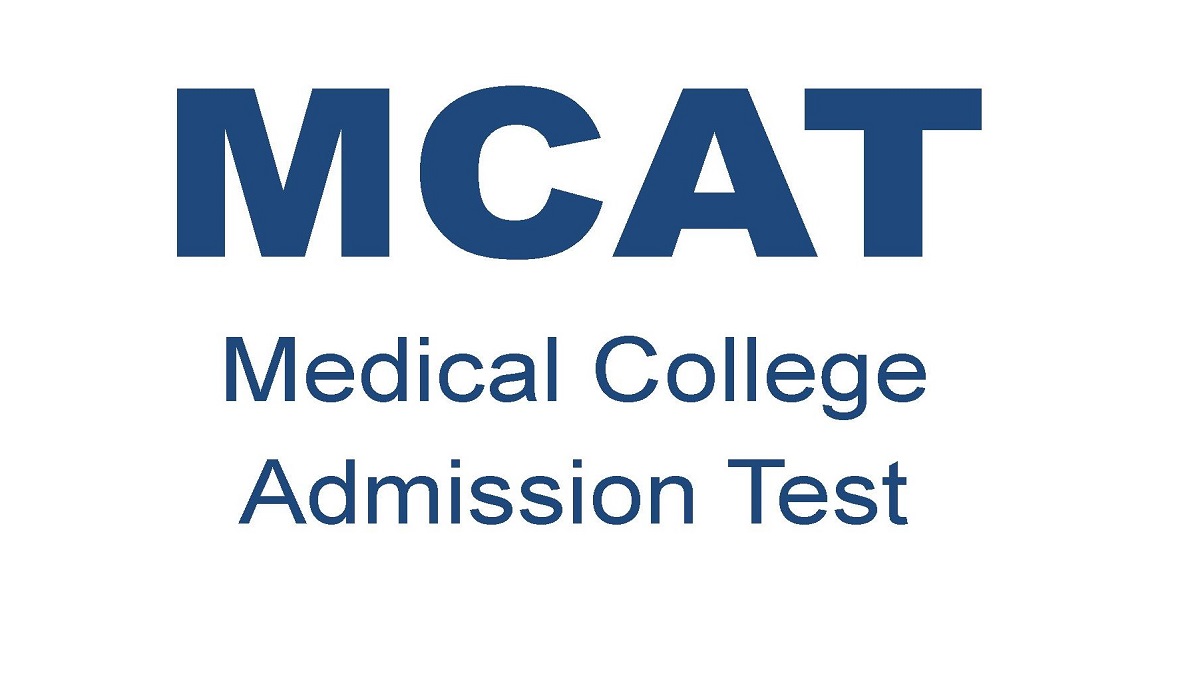Aspiring medical students often find themselves grappling with the importance of their FSc (Faculty of Science) marks when preparing for the MDCAT (Medical and Dental College Admission Test). The relationship between these two academic milestones can be a bit confusing, so let’s clarify how much FSc marks matter in the context of MDCAT.
Understanding the Role of FSc Marks:
- Foundational Knowledge: Your FSc studies lay the groundwork for the concepts you’ll encounter in the MDCAT. Subjects like Biology, Chemistry, and Physics are core components of both FSc and the MDCAT syllabus. Therefore, having a strong grasp of these subjects through your FSc studies is crucial for performing well in the MDCAT.
- Eligibility Criteria: While FSc marks themselves aren’t the sole determinant of your success in MDCAT, they do play a role in the eligibility criteria for sitting the exam. Most medical colleges require a minimum percentage in FSc to qualify for the MDCAT. This threshold typically ranges from 60% to 70%, depending on the institution and country.
How FSc Marks Influence MDCAT Preparation:
- Study Habits: The discipline and study habits you develop during your FSc years will benefit your MDCAT preparation. Good study techniques, time management, and familiarity with the core subjects are all honed during FSc.
- Conceptual Understanding: The deeper your understanding of FSc subjects, the better equipped you’ll be to tackle the advanced questions in the MDCAT. Concepts learned in FSc are often tested in more depth and with more complexity in the MDCAT.
- Confidence: High marks in FSc can boost your confidence, which is essential when preparing for a challenging exam like the MDCAT. Knowing that you have a strong foundation can alleviate some of the stress and pressure.
Weighing FSc Marks vs. MDCAT Performance:
- Primary Focus: While FSc marks are important, your performance in the MDCAT is often the primary focus for medical college admissions. The MDCAT is designed to assess your readiness for medical school with a standardized measure, allowing for a fair comparison among all candidates.
- Balanced Preparation: Balancing your focus between maintaining good grades in FSc and preparing for the MDCAT is essential. Neglecting your FSc studies can leave gaps in your knowledge, while ignoring MDCAT preparation can diminish your chances of scoring well.
- Admission Criteria: Admission to medical colleges usually involves a combination of your FSc marks and MDCAT score. Some institutions might weight the MDCAT score more heavily, while others consider both equally. It’s important to research the specific criteria of the colleges you are applying to.
Tips for Success:
- Integrated Study Plan: Develop a study plan that covers both your FSc coursework and MDCAT preparation. This integrated approach ensures you don’t fall behind in either area.
- Practice Regularly: Use past MDCAT papers and FSc exam questions to practice. This will help you get used to the format and level of difficulty of both exams.
- Seek Guidance: Don’t hesitate to seek help from teachers, mentors, or join coaching classes that specialize in MDCAT preparation.
- Stay Updated: Keep yourself informed about any changes in the MDCAT format or admission criteria of your desired medical colleges.
Final Thoughts:
In conclusion, while FSc marks do matter for eligibility and foundational knowledge, the MDCAT score is often the critical factor for medical college admissions. Both aspects are interlinked, and excelling in your FSc can certainly pave the way for a strong MDCAT performance. Focus on building a solid understanding of your subjects, develop effective study habits, and prepare strategically for the MDCAT. With dedication and hard work, you can achieve your goal of entering medical school. Good luck!
